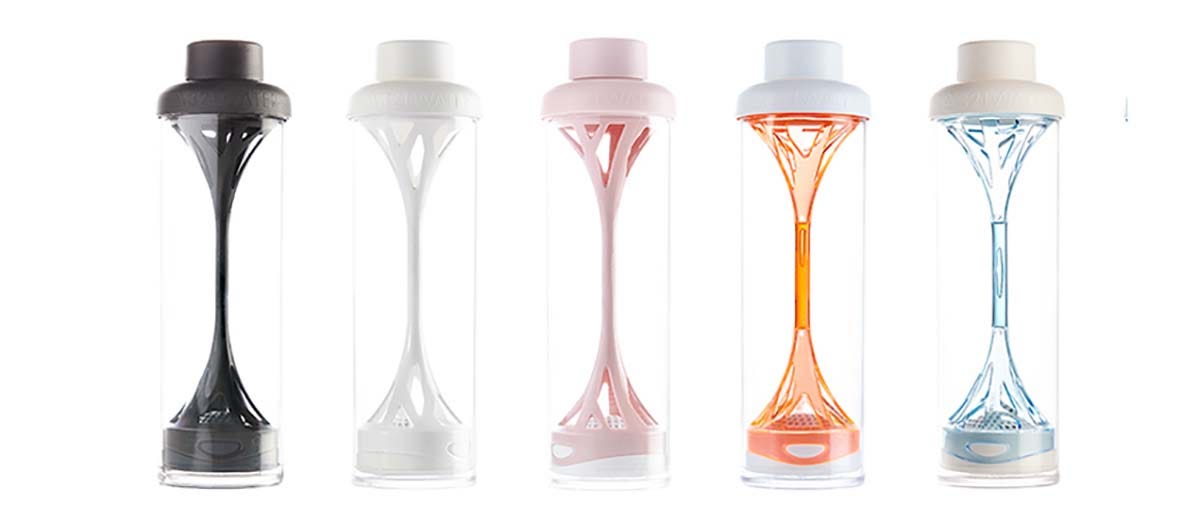Various Australian and New Zealand government administrative offices have been checking improvements abroad with respect to the utilization of BPA in plastic bundling. The issue originally became known when the Canadian Government, reacting to shopper concerns, successfully prohibited the utilization of plastic infant bottles in that nation. There were fears that the modern synthetic Bisphenol An, ordinarily known as BPA, might taint the substance of nourishment and refreshment bundling utilized by a great many buyers. BPA is available in the plastic liner that shields the substance of the bundling from contacting any metal present in the compartment or the cover. For Bike & Auto in Australia you should visit Top Best The World As indicated by Jasper Carrott In Sydney Australia 2020
Nourishment bundling providers must ensure their items fulfill the Nourishment Guidelines Australia New Zealand (FSANZ) necessities. FSANZ has set up that the Average Every day Admission (TDI) for BPA, a globally settled safe level, is extremely low and is definitely not a noteworthy hazard to human wellbeing for any age gathering, babies notwithstanding.
Further examinations by both the European Sanitation Authority and the World Wellbeing Association affirmed that, despite the fact that a few investigations had shown that low introduction levels to BPA could create unfriendly wellbeing impacts, there was no need at this phase to reexamine the current TDI.
The trouble for mainstream researchers in concocting a complete answer is that the investigations up until now, which have all been directed on lab creatures, are uncertain, with one examination demonstrating some impact on the regenerative framework, and another indicating no impact. The other superseding thought is that BPA doesn’t remain in the body however is immediately dispensed with through pee. There is no proof that BPA causes malignant growth.

Australia and New Zealand have followed the lead of the Canadian Government and furthermore moved to eliminate polycarbonate plastic infant restrains through a willful methodology taken by significant retailers. This started on 1 July 2010 and there are currently numerous sans bpa alternatives available. Once more, this is a reaction to shopper request and not an issue of item wellbeing.
Further tests were directed by FSANZ on a scope of nourishments and drinks including baby recipe and food sources bundled in polycarbonate plastics, steel jars with epoxy fixing and glass containers with metal covers. Just few examples indicated levels of BPA, and a lot of nourishment and drink would should be devoured to arrive at the universal wellbeing levels. Bundling providers are very much aware of these examinations and work continually to guarantee buyer security.
The Australian and New Zealand customer can be consoled from these further tests, that BPA levels in our general eating routine are low, yet FSANZ will proceed to test and screen the circumstance.
Plastic Nourishment Bundling containing BPA has become an issue since the Canadian Government prohibited the offer of polycarbonate infant bottles. Bundling Providers such Dabron Bundling are checking the circumstance for additional advancements.

